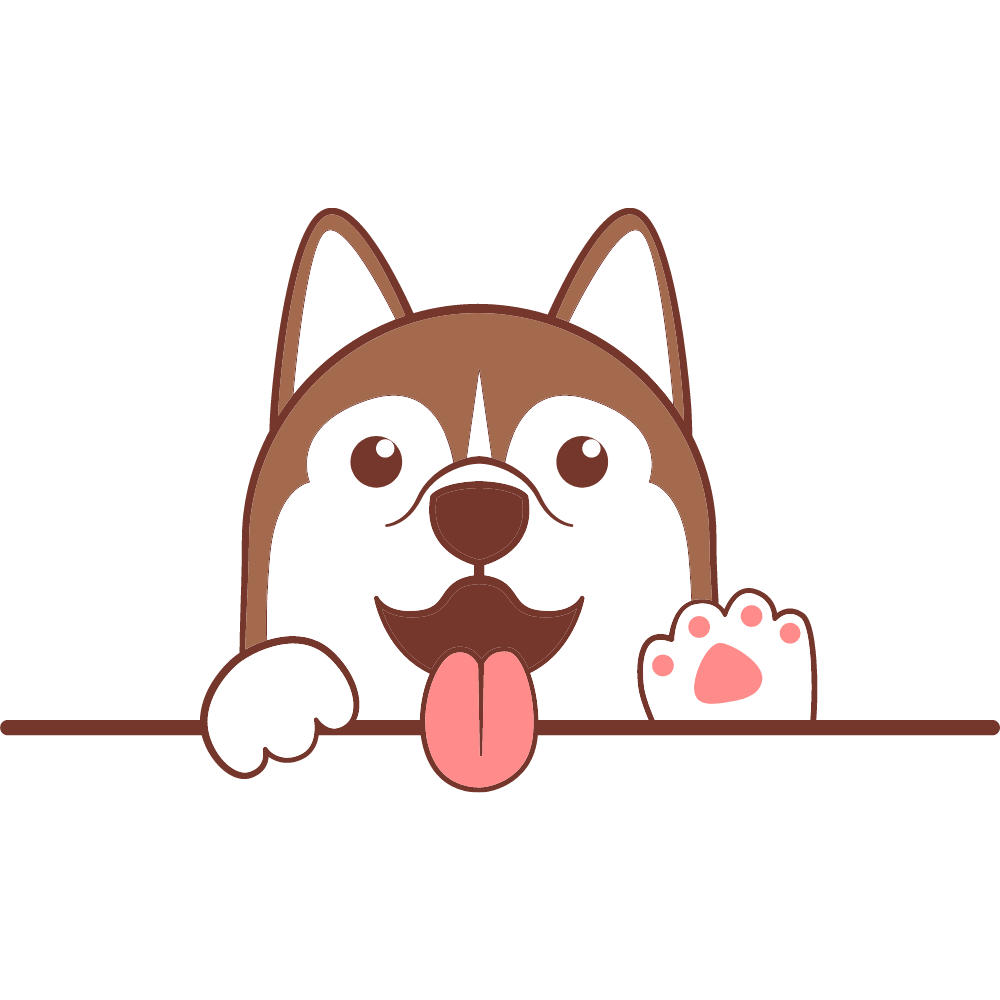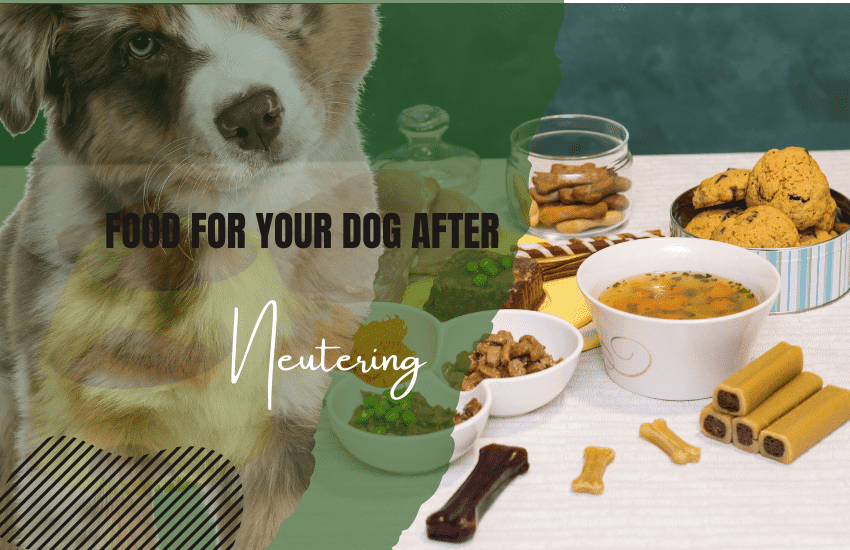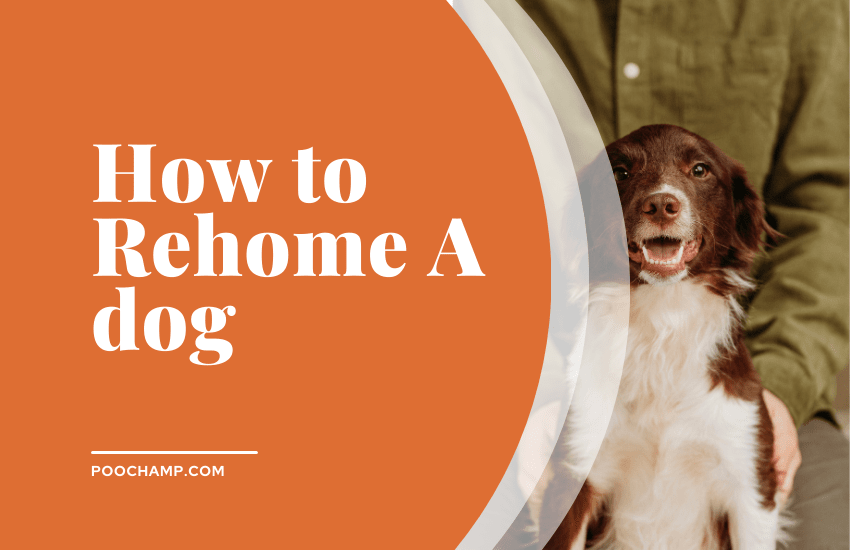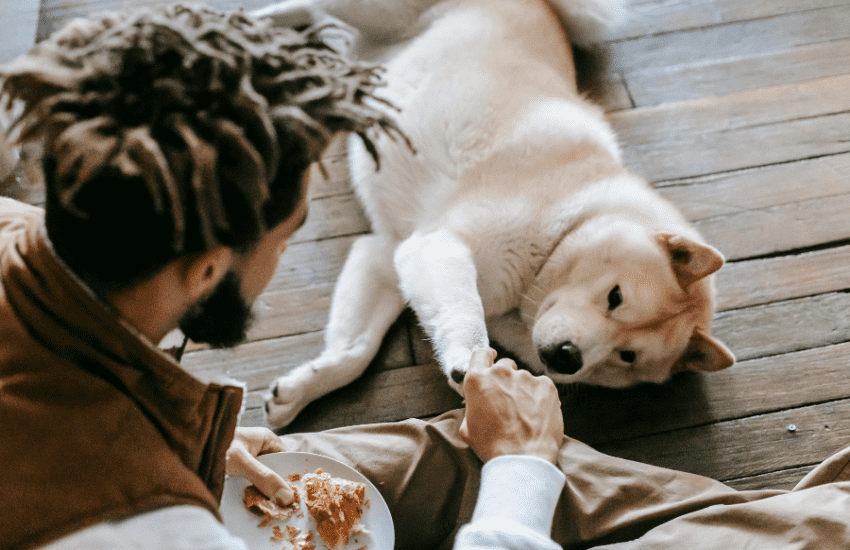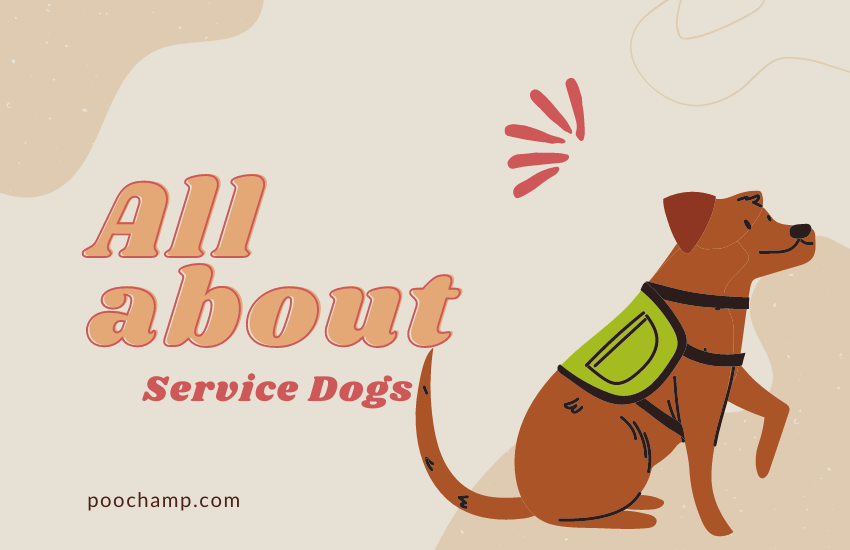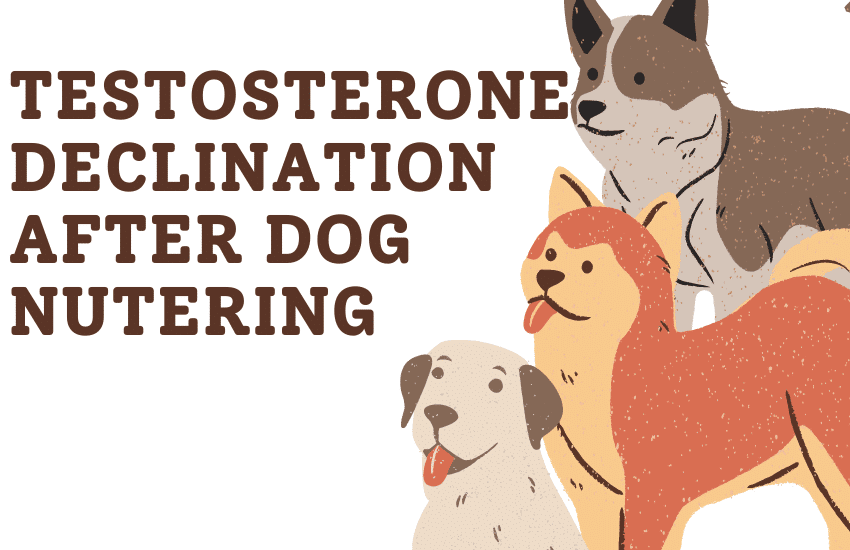Deciding on the right amount of food to feed your dog after undergoing the process of neutering can be a challenging task for pet owners. The metabolic and appetite changes that occur post-neutering can impact how much food your dog requires to maintain a healthy weight.
In this article, we will explore the factors that influence the feeding regimen for neutered dogs and provide valuable insights from experts on determining the appropriate portion sizes. By delving into the topic of post-neutering nutrition, we aim to help pet owners make informed decisions about feeding their canine companions and ensure their overall well-being, let’s answer the question “how much should I feed my dog after neutering?”
The Challenge of feeding your dog after neutering
The metabolic and appetite changes that occur post-neutering can significantly impact how much and what type of food your dog requires. In this section, we will delve into the effects of neutering on your dog’s metabolism and appetite, exploring expert insights to help guide you in making informed decisions about feeding your neutered pet
Understanding the Impact of Neutering on Your Dog’s Metabolism and Appetite
Neutering can bring about significant changes in your dog’s body post-surgery. Dr. Sarah Smith, DVM, highlights, “The metabolic rate of neutered dogs decreases due to the removal of reproductive hormones like oestrogen and testosterone, resulting in a lower calorie requirement for the same level of activity.” This shift in metabolism may lead to decreased physical activity, especially in male dogs who no longer have the urge to roam in search of a mate.
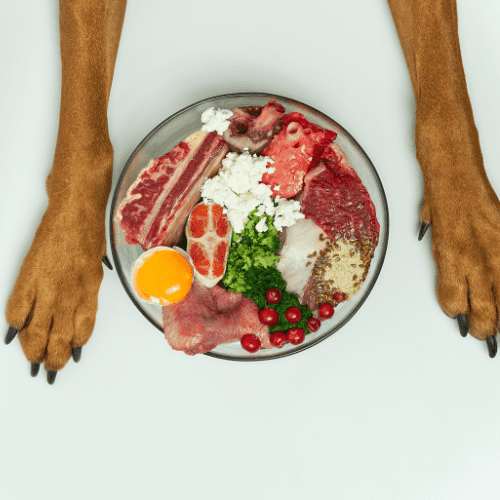
Neutering could have a direct effect on your dog’s appetite
Neutering can have a direct effect on your dog’s appetite. Dr. Jennifer Coates, DVM, explains, “Neutering can alter hormone levels in dogs, specifically affecting the production of testosterone. Testosterone plays a role in regulating the appetite and metabolism in male dogs. After neutering, the decrease in testosterone levels can lead to changes in the dog’s appetite.”
Dr. Marty Becker, DVM, further elaborates, “Some neutered dogs may experience an increase in appetite after the procedure. This can be due to changes in hormone levels or metabolism, which can affect hunger signals in the body. It’s important for dog owners to monitor their pet’s food intake and adjust as needed to prevent overeating and weight gain.”
Moreover, Dr. Michael Jones, DVM, notes, “Another interesting aspect is the potential impact of neutering on your dog’s appetite. Oestrogens, known to suppress appetite, are reduced post-neutering, potentially causing an increase in food intake.” This change in appetite, combined with the lowered metabolic rate, poses a double challenge that can predispose neutered dogs to weight gain.
By understanding these effects on your dog’s metabolism and appetite after neutering, you can make informed decisions regarding their diet and nutrition to ensure they stay healthy and maintain an optimal weight. Consulting with your vet for personalized advice and support can help address these changes effectively for your furry companion.
What to feed your dog after neutering.
Before answering the question “how much should I feed my dog after neutering?”, Lets discuss what to feed first.
When deciding on the type of food to feed your dog after neutering, it’s important to consider their individual needs and preferences. Both dried (kibble) and canned food can be suitable options for your neutered dog, as long as they meet the necessary nutritional requirements.
Wet food can be a good choice for feeding your dog after neutering, as it typically contains higher moisture content compared to dry kibble. This can help ensure your dog stays hydrated, especially if they are less inclined to drink water after surgery.
Dr. Karen Becker, DVM, mentions, “Wet food can be a good option for dogs after neutering, as it provides additional moisture and can be easier to eat for dogs who may have a reduced appetite or difficulty chewing post-surgery.”
Dr. Jennifer Coates, DVM, adds, “Wet food can also be beneficial for dogs who need to lose weight or have specific dietary requirements. The higher moisture content can help with weight management and digestion, making it a suitable choice for neutered dogs.”
It is important to note that wet food may have a shorter shelf life once opened compared to dry kibble, so proper storage and portioning are key to maintaining its freshness and nutritional value.
How much should I feed my dog after neutering?
The amount of food to feed your dog after neutering will depend on their individual needs, including their size, age, activity level, and metabolism. It’s important to consult with your veterinarian to determine the right feeding plan for your dog after the procedure.
Dr. Jennifer Coates, DVM, advises, “Neutered dogs may require fewer calories than intact dogs, as their metabolism may slow down. It’s important to adjust their diet accordingly to prevent weight gain.”
It is generally recommended to reduce the amount of food you feed your dog after neutering, typically starting with a 10% reduction in their daily food intake. This is to account for their potentially decreased metabolism and lower energy needs post-surgery.
Dr. Marty Becker, DVM, suggests, “After neutering, it’s important to adjust your dog’s feeding regimen to prevent weight gain. Start by reducing their daily food intake by around 10% and monitor their weight regularly to ensure they are maintaining a healthy body condition.”
How using the approach of “little and often” is beneficial after neutering.
The approach of “little and often” can be beneficial for dogs after neutering in several ways. Dr. Emily Brown, DVM, emphasizes, “Dividing your dog’s meals into smaller, more frequent portions throughout the day can help in managing their post-neutering metabolism and appetite changes.” This feeding strategy can prevent spikes in blood sugar levels and aid in maintaining a steady energy level for your furry companion.
Additionally, Dr. Mark White, DVM, highlights, “Feeding smaller meals more frequently can also help in preventing overeating and excessive weight gain, which are common concerns for neutered dogs.” By implementing this feeding approach, pet owners can better regulate their dog’s food intake, support their metabolism, and help them maintain a healthy weight after the surgery.
Incorporating the “little and often” feeding method alongside proper nutrition and regular exercise can contribute to the overall well-being of neutered dogs and assist in managing the potential challenges they may face post-neutering.
The importance of regular weight checks
Dr. Karen Becker, DVM, recommends, “Monitor your dog’s weight and body condition regularly after neutering. If you notice any changes in weight or body composition, consult with your veterinarian to make adjustments to their feeding plan.”
Remember to provide your dog with a balanced diet, appropriate portion sizes, and regular exercise to maintain their overall health and prevent obesity after neutering. Your veterinarian can provide specific guidance on feeding recommendations tailored to your dog’s needs.
understanding the importance of adjusting your dog’s food intake after neutering is crucial in promoting their health and preventing weight gain. By following the general guidelines of reducing their food by around 10% and considering the balance of protein, fat, and carbohydrates in their diet, you can provide your pet with the nutrition they need post-surgery. Consulting with your veterinarian for personalized recommendations and monitoring your dog’s weight regularly can help tailor their feeding plan to support their post-neutering needs effectively.

